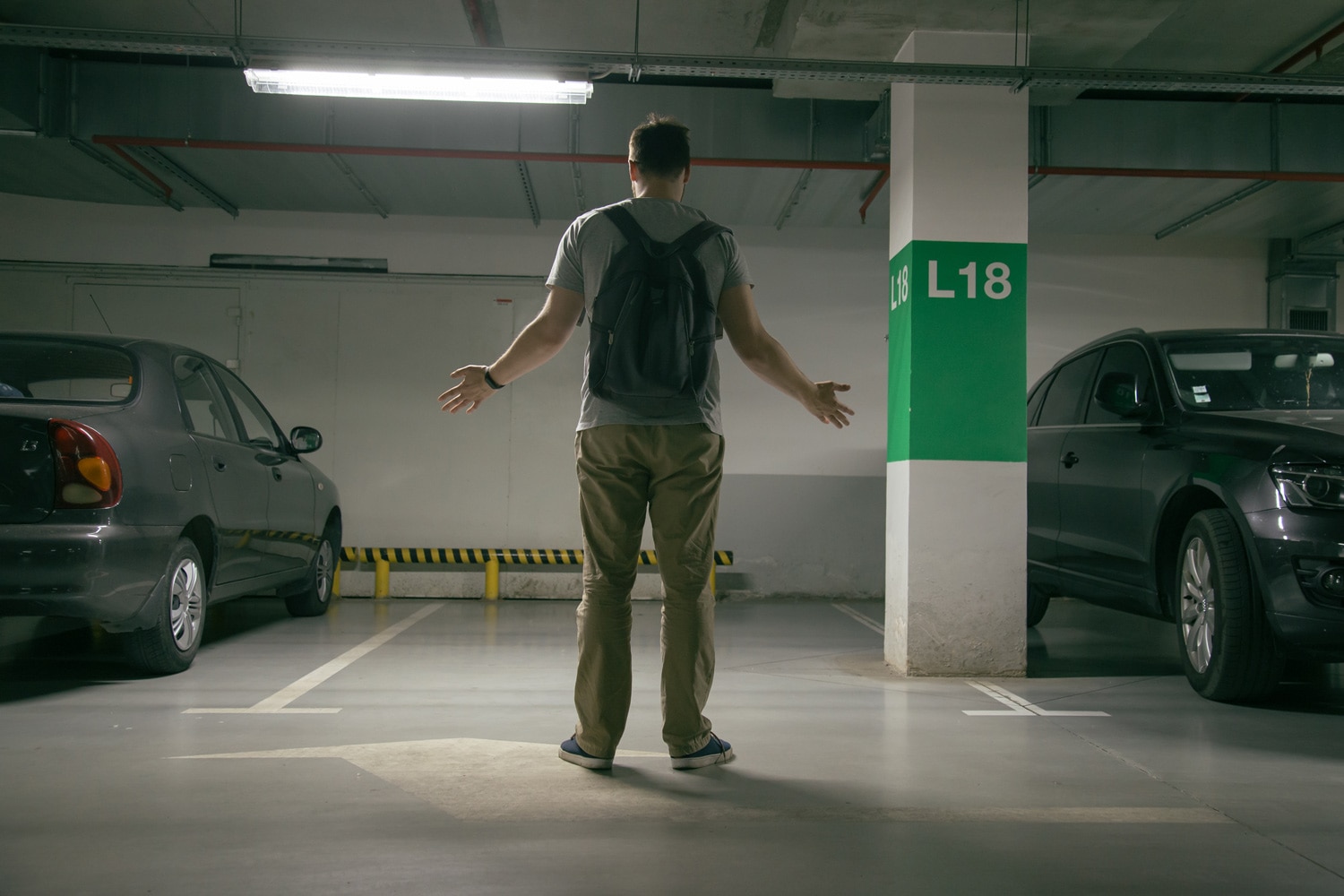Your Car Just Got Stolen. Now What?
A step-by-step guide to dealing with vehicle theft.
 Shutterstock
Shutterstock
Article QuickTakes:
Walking back to the spot where you parked your car only to find it’s no longer there is a vehicle owner's worst nightmare. Once you’ve made sure it hasn’t been towed for a parking infraction or unpaid tickets, it's time to accept the worst: It’s been stolen.
That realization can be overwhelming, but knowing the steps you’ll need to take next can make the ordeal at least a touch less trying. Here's who to call and what to expect when reporting a stolen vehicle.
Notify Local Law Enforcement to Report a Stolen Car
Notifying the police is no guarantee you'll get your vehicle back, but it’s an essential first step because it documents the theft for insurance purposes. In fact, many insurance companies won't process a car-theft claim unless a police report is available.
Calling the police also notifies law enforcement that you’re no longer in possession of the vehicle, so you won’t be implicated if it’s used to commit a crime. Finally, notifying police freezes title transfer, which makes it impossible for your car to be sold with the same vehicle identification number (VIN).
An officer will ask you for details about your vehicle (make, model, color, model year, VIN), as well as the plate number and whether any anti-theft or tracking equipment is installed. If your vehicle is unique or if it has any unusual characteristics, those details can also help officers spot it while they’re out on patrol.
Contact Your Insurance Company
If your car has comprehensive insurance coverage, which protects against perils such as fire, theft, and vandalism, the next thing to do is to contact your insurer to initiate a claim. Auto-theft claims are usually straightforward: Your car is either where you left it, or it isn’t. An insurance representative will work with you to help compensate you financially for the value of your stolen vehicle based on either its market value or its agreed-upon value, depending on the type of policy you hold.
Don’t have comprehensive coverage? You’ll still need to report a stolen car to your insurance company because they'll need to know it's no longer under your stewardship. That way, if anything bad happens with that vehicle post-theft, you won’t be held responsible.
If you left personal belongings in the vehicle — a laptop, jewelry, or other items of value — it's possible these are also covered by your car insurance policy. In some cases, your homeowner's or rental policy might cover this type of loss. You can ask your insurance company how to seek compensation. Itemize anything that was stolen with the car and make sure to cancel any credit cards or forms of identification that are on that list.
Alert Your Financing or Leasing Company
If you’re still making payments on your vehicle, you'll need to let the financial institution that holds the title know it's been stolen. Be ready with the police report and insurance claim in case they ask for further documentation. You will also need to continue making car payments, since you are still obligated for the debt even though you no longer possess the car.
If you have comprehensive coverage, the lender or leasing company will be paid directly by the insurance company when the claim is settled, but only for the car’s actual cash value. Unfortunately, if you owe more than the car is worth you might have to pay for a car you don’t have anymore. This is why it may be helpful to have guaranteed asset protection, or GAP, insurance coverage, which steps in to pay the difference between the value of your car and what you owe on it.



